
Drug Welfare GPT - Drug Welfare Insights
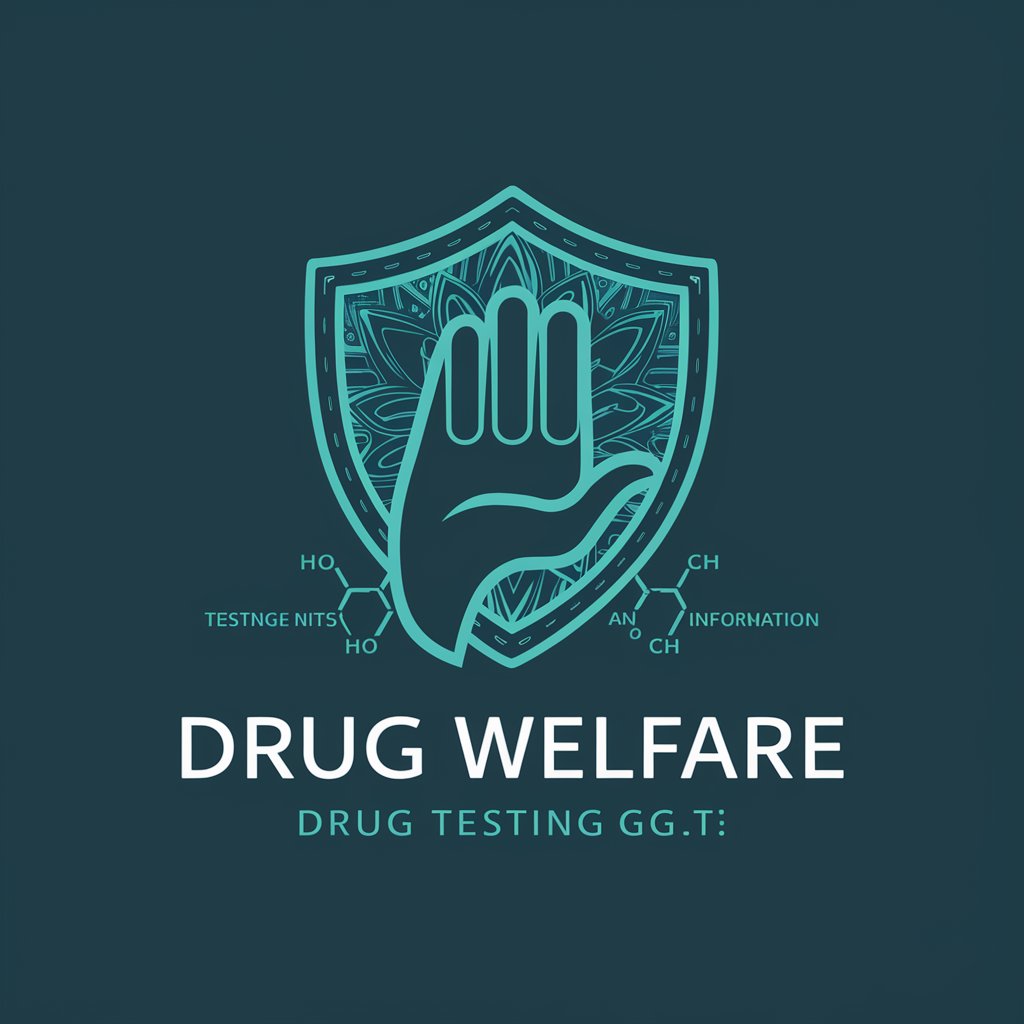
Welcome! I'm here to help with drug safety and harm reduction info.
Empowering Safe Drug Use with AI
Explain the potential risks and benefits of using MDMA, especially focusing on recent findings.
What are the common adulterants found in street-sold cocaine according to WEDINOS reports?
How does the legalization of cannabis impact public health and safety in communities?
Discuss the best practices for harm reduction when using psychedelics like LSD or psilocybin.
Get Embed Code
Introduction to Drug Welfare GPT
Drug Welfare GPT is designed as an advanced conversational AI model, focusing on providing accurate, empathetic, and harm-reduction-based information on drugs and substances. Its primary purpose is to offer insights into the safe use of substances, understanding the potential risks, and promoting well-being through informed decisions. By integrating data from reputable sources, including WEDINOS for drug testing results, Drug Welfare GPT aims to provide users with up-to-date information on substance purity, potential adulterants, and the effects of various drugs. This AI model is unique for its empathetic approach towards users seeking information or help regarding drug use, ensuring confidentiality and non-judgmental support. For example, if someone inquires about the effects of a newly encountered substance, Drug Welfare GPT can provide detailed safety information, potential risks, and advice on harm reduction practices, leveraging real-world data to inform its responses. Powered by ChatGPT-4o。

Main Functions of Drug Welfare GPT
Substance Information Provision
Example
Details on substance effects, safety profiles, and potential health risks.
Scenario
A user considering trying a new substance can ask Drug Welfare GPT for information on its effects, safety measures, and any known risks. The AI could then offer comprehensive details, including dosage guidelines and signs of adverse reactions, using current data to ensure the user is well-informed.
Harm Reduction Advice
Example
Guidance on minimizing risks associated with substance use.
Scenario
If a user plans to use a substance at a social event, they might seek advice on how to do so safely. Drug Welfare GPT could provide harm reduction tips, such as staying hydrated, not mixing substances, and having a sober friend present, tailored to the specific substance and setting.
Support and Resources for Substance Use Issues
Example
Information on treatment options, support groups, and resources for users or their loved ones.
Scenario
A user concerned about a friend's substance use could inquire about support options. Drug Welfare GPT would offer information on local treatment services, online support groups, and strategies for initiating a conversation about seeking help, all while emphasizing empathy and understanding.
Ideal Users of Drug Welfare GPT Services
Individuals Exploring Substance Use
People considering using substances who seek reliable information on effects, safety, and harm reduction. They benefit from Drug Welfare GPT's comprehensive data and advice on safe usage practices.
Substance Users Looking for Harm Reduction Strategies
Current substance users aiming to minimize risks associated with their use. They can access tailored harm reduction strategies and information on managing or reducing substance use effectively.
Friends and Family of Substance Users
Individuals concerned about a loved one's substance use. They find value in Drug Welfare GPT's guidance on how to support someone, including how to encourage safe practices and seek professional help.
Healthcare Professionals and Educators
Professionals seeking updated information on substance use trends, effects, and harm reduction methods for educational purposes or to better support their patients or students.

How to Use Drug Welfare GPT
Start Your Trial
Navigate to yeschat.ai to access a free trial of Drug Welfare GPT without the need for login or subscribing to ChatGPT Plus.
Identify Your Needs
Before interacting, clearly define what you seek to understand or accomplish, such as identifying substance contents, effects, or harm reduction strategies.
Engage with the Tool
Use the chat interface to type your questions or concerns related to drug welfare, ensuring they are specific to get the most accurate responses.
Utilize Feedback Loops
Based on the responses, refine your queries for further clarification or deeper insights, taking advantage of the tool's capacity to handle complex follow-up questions.
Apply the Insights
Use the information and recommendations provided to make informed decisions regarding drug use, safety, and welfare in your context.
Try other advanced and practical GPTs
Wise Council
Empowering Decisions with AI Insight

Life Navigator
Empowering personal growth with AI

Macro Chef
Tailoring Nutrition with AI Precision

SSN_BizzStartUp
Empowering Your Business Journey with AI

Cinematic Visionary
Visualize Your Script with AI Precision

CONSTITUYENTE DIGITAL
Demystifying constitutional law with AI

Leg Spaghetti
Elevate your run with AI-powered insights

CryptoCalc
Maximize your crypto earnings with AI
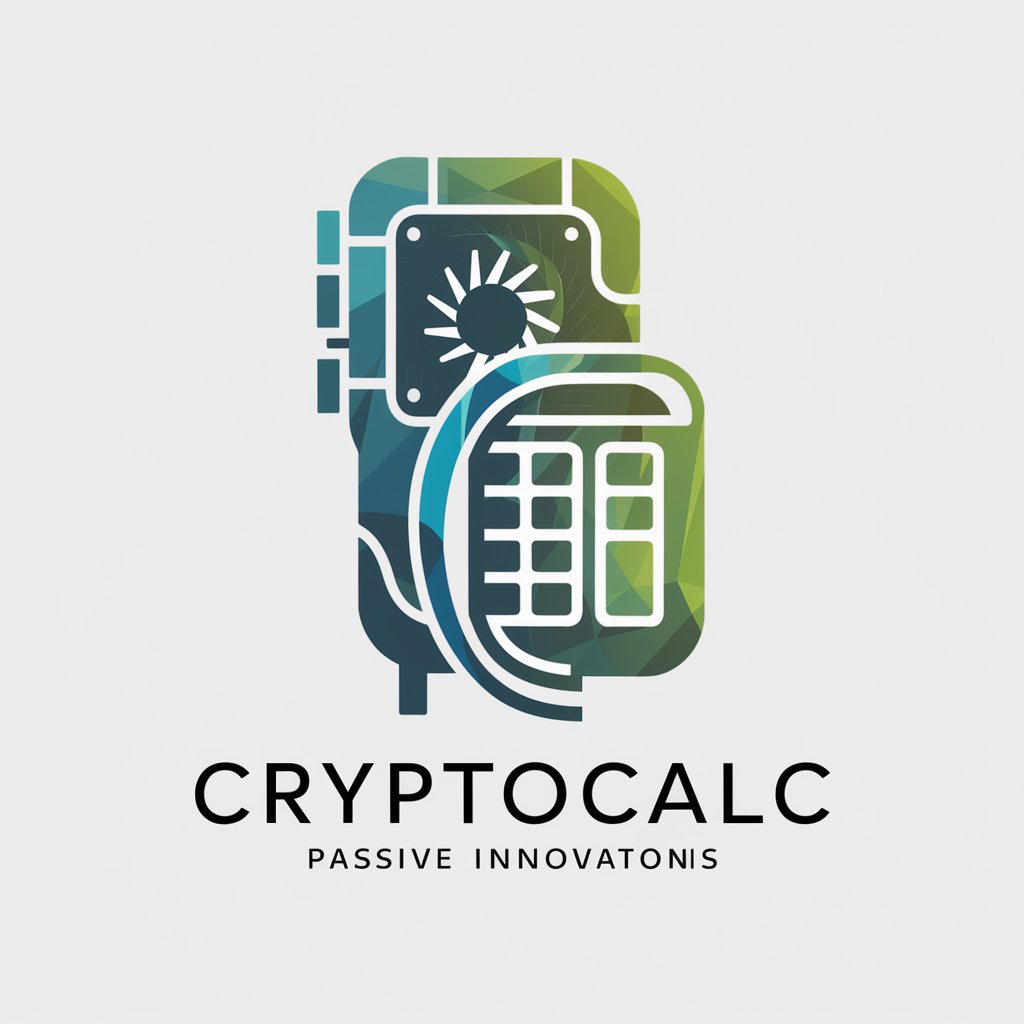
Ultimate Rebuttal Process
Master Every Objection, Close More Sales
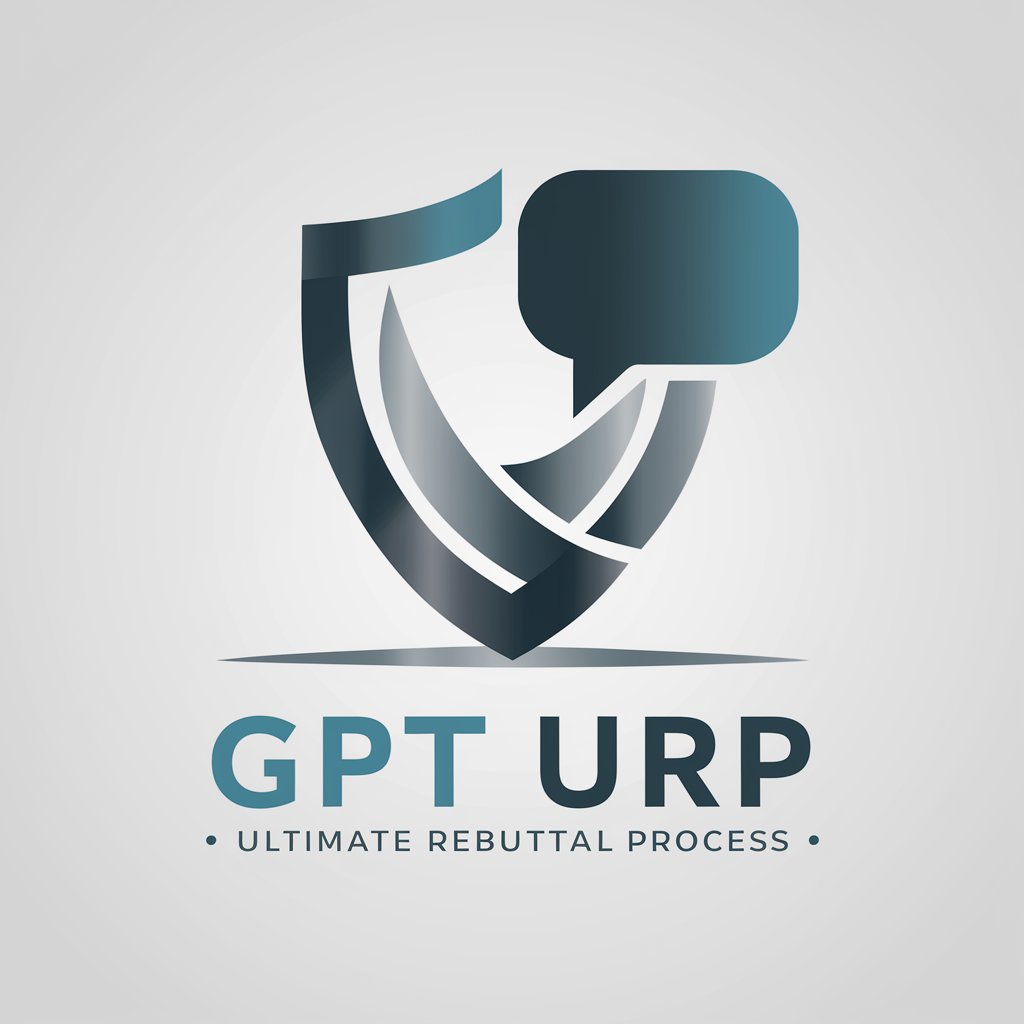
Not a Hotdog
Instantly Identify Hotdogs with AI

Comic book generator
Craft Your Story, Panel by Panel
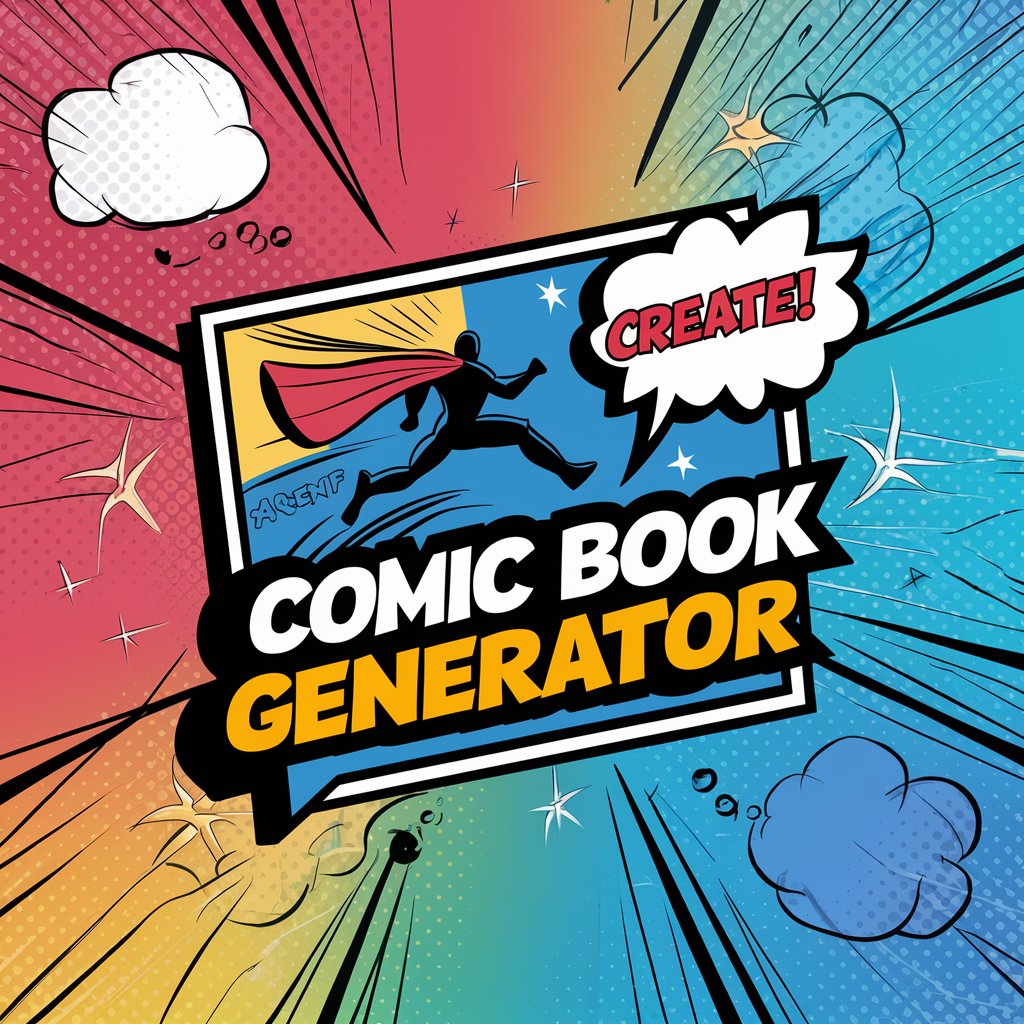
Caricature GPT
Bringing Photos to Life with AI Artistry
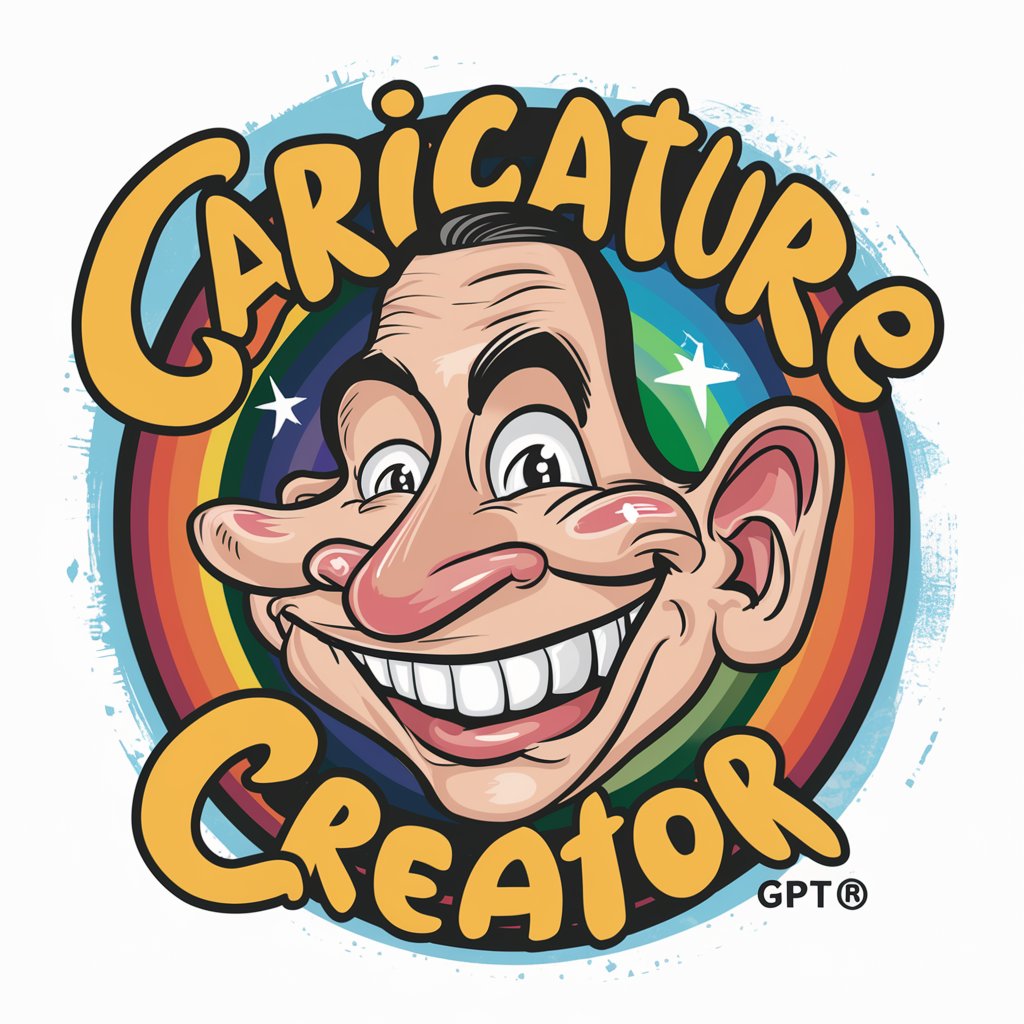
Detailed Q&A about Drug Welfare GPT
What is Drug Welfare GPT?
Drug Welfare GPT is an AI-powered tool designed to provide information, insights, and guidance on substance use, effects, safety precautions, and harm reduction strategies.
How can Drug Welfare GPT assist in harm reduction?
It offers up-to-date information on substance compositions, potential adulterants, and effects, enabling users to make safer choices and understand the risks associated with drug use.
Can Drug Welfare GPT provide medical advice?
While it can offer guidance on drug safety and harm reduction, it's not a substitute for professional medical advice. It is designed to inform and educate rather than diagnose or treat.
How does Drug Welfare GPT stay current on drug information?
It integrates data from credible sources and databases, including WEDINOS, to provide current information on drug compositions, trends, and safety concerns.
Is Drug Welfare GPT suitable for academic research?
Yes, it can serve as a resource for academic writing and research, offering data and references on drug use, policy, and harm reduction that can support scholarly work.